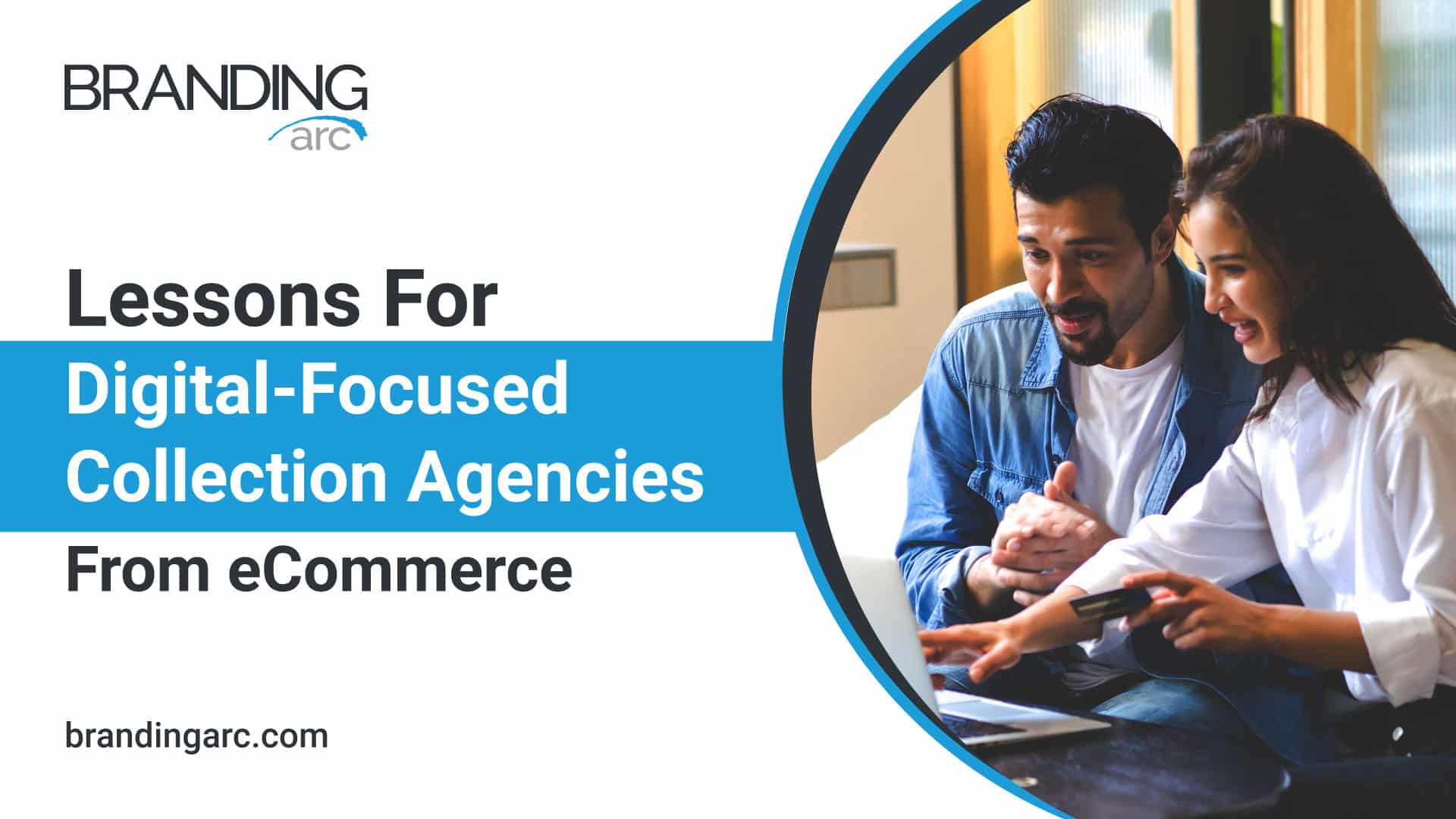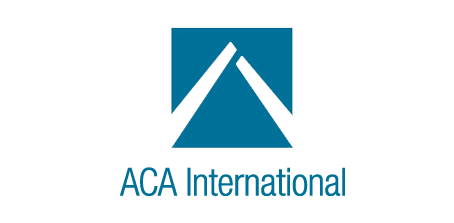Lessons for Collection Agency Websites from ECommerce

For collection agencies having to quickly adapt to changing consumer preferences, there is an unlikely place to turn for valuable lessons—our friends in eCommerce.
ECommerce has long been at the forefront of understanding digital consumer behaviors, offering valuable lessons for collection agencies leveraging online self-service options. By examining key aspects of eCommerce, debt collection marketing strategies should include refining collection agency websites to enhance customer engagement, reduce payment friction, and manage risks effectively.
The Rise of Mobile-First and the Popularity of Online Payments
Before we look at how eCommerce can help, it’s important to look at how we got here. The context of digital collections directly correlates with eCommerce taking a front-row seat to changing consumer preferences and building trust regarding online payments.
In today’s world, more consumers rely on their smartphones as the primary means of accessing services, making purchases, and managing finances. In 2022, 74% of U.S. consumers used their smartphone to make a payment—compared to just 10% in 2013. The way eCommerce thrives on this mobile activity is through the “7 Cs:” Context; Commerce; Connection; Content; Community; Customization; and Communication.
Fundamentally, these principles are equally relevant to digital collections:
- Context: Understanding the specific context in which a consumer interacts with your collection process is essential. Tailoring messaging and payment options based on individual circumstances can improve outcomes.
- Commerce: Just as eCommerce relies on seamless transactions, digital collections must offer frictionless payment options. Simplifying the payment process increases the likelihood of timely settlements.
- Connection: Building a connection with consumers fosters trust. Demonstrating your organization’s professionalism, community involvement, and caring are all ways to build trust with the consumer and position your organization as an “approachable institution.”
- Content: Providing clear, informative content is key. Just as product descriptions and reviews drive eCommerce sales, transparent information about payment plans and settlement options drives more positive collection outcomes.
- Community: Consumers often don’t want to interact with debt collectors in a public way. However, actively engaging with social media and other platforms enables consumers to see you as a professional organization.
- Customization: ECommerce thrives on personalized experiences. Digital collections can benefit from offering tailored language and communication options that resonate with individual consumer needs.
- Communication: Effective communication is the cornerstone of both eCommerce and digital collections. Clear, timely, and empathetic communication can help resolve debts while maintaining positive consumer relationships.
For collection agencies, prioritizing mobile optimization across all digital touchpoints is key. Whether through SMS communication, payment portals, or customer service chatbots, ensuring that consumers can easily engage with collections processes on their mobile devices is critical. Furthermore, understanding the nuances of mobile payment preferences globally can help agencies tailor their strategies to meet the expectations of diverse audiences.
Undeniable Similarities
At their core, eCommerce sales and digital collections share fundamental similarities. The checkout process in an online store mirrors the payment process in collections. Both require a seamless and user-friendly experience to maximize conversions. Just as retailers incentivize purchases with discounts and special offers, collection agencies can utilize settlement offers and payment plans to encourage timely payments.
ECommerce companies monitor each step of the consumer’s journey from “I found you” to “I paid you.” Collection agencies can learn from these ecommerce journey funnels to identify where they are losing consumers in the process and focus their improvement energy on those specific stages to maximize the return on their time investment.
Which leads us directly to the risks.
While the digital realm offers immense opportunities, it also presents risks that collection agencies must navigate carefully. Minor communication errors, such as sending an incorrectly worded message or failing to follow up promptly, can lead to misunderstandings and damage consumer relationships. More significantly, cybersecurity threats pose a considerable risk to both eCommerce and digital collections.
Collection agencies must prioritize robust cybersecurity measures to protect consumer data and maintain trust. Implementing encryption, multi-factor authentication, and regular security audits are just a few steps that can safeguard against breaches. Additionally, clear communication protocols should be established to minimize the risk of errors and ensure that consumers receive accurate, timely information.
The intersection of debt collection and eCommerce becomes particularly evident when we consider the importance of analytics in both industries. Just as eCommerce businesses use analytics to understand consumer behavior and optimize sales funnels, digital collection agencies must employ similar strategies to track debtor behavior and enhance collection efforts.
By utilizing search engine results pages (SERPs), a well-designed debt collection website, and an efficient payment portal, agencies can create an analytics funnel that drives successful outcomes. This funnel enables agencies to track consumer interactions, identify pain points, and optimize their strategies for better results.
About Branding Arc
Branding Arc is the only full-service marketing firm dedicated to the receivables management sector of the financial services industry. We manage the websites, search engine optimization, and online reputations of over 100 receivables firms across all disciplines, including debt buyers, collection agencies, law firms, creditors, and their service providers.
Through the creation and distribution of compelling, targeted marketing campaigns, we help companies improve their reputations, recruit staff, find clients, and establish a strong online presence.





